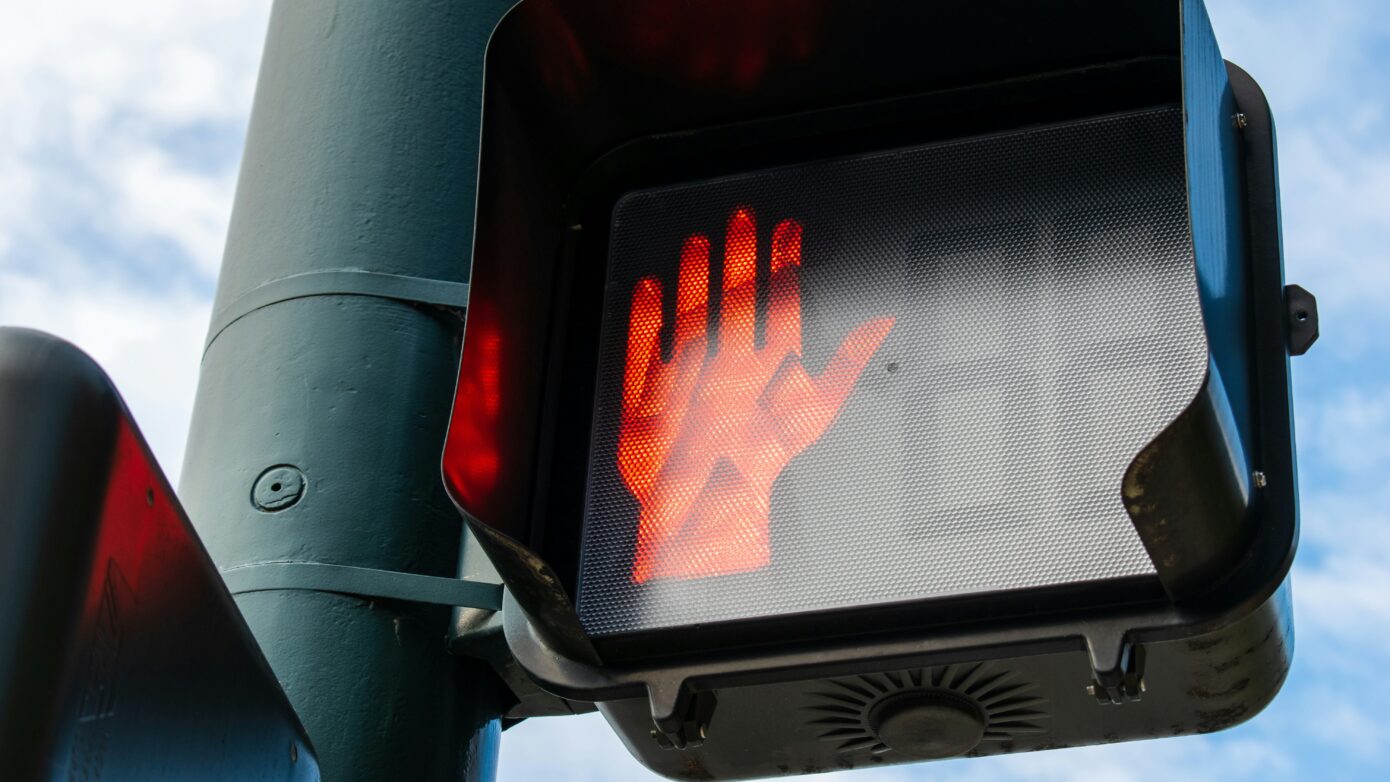The UK firearms licensing regime is one of the most stringent in the world, designed to ensure public safety while allowing legitimate firearm ownership for specific purposes linked to leisure, employment and agriculture. The system is primarily governed by the Firearms Act 1968, which has been subject to many amendments since first enacted and now presents a complex and often confusing legal framework.
This article introduces and discusses the main features of the licensing regime and while aimed at those new to shooting is a useful reference point for all.
This article explains the classification of firearms under UK law, outlining the distinctions between Section 1 firearms, Section 2 shotguns, and Section 5 prohibited weapons.
It highlights key legal definitions, including criteria for air weapons, exemptions for antique and deactivated firearms, and recent issues surrounding blank-firing guns. It also clarifies what can legally be possessed without a certificate and emphasizes the complexities of current legislation.
This article addresses delays in the processing of firearms certificate grants, highlighting how factors like COVID-related backlogs, the Keyham tragedy, and the introduction of statutory GP requirements have slowed the system. It explains that while the NPCC suggests a 4-month timeline for “non-complex” grants, this varies widely across forces. The piece offers practical steps applicants can take to streamline their application and suggests escalating if necessary.
This article outlines the evolving approach to home visit assessments for firearms licensing. It explains how the process has become more structured and detailed under statutory guidance and updated professional practices. This is particularly relevant in light of the update to Statutory Guidance in August 2025.
The assessment now covers various factors, including security, criminal and medical history, and the home environment. It emphasizes the importance of trust, honesty, and maintaining composure during interactions with Firearms Enquiry Officers (FEOs).
Overall, it aims to prepare applicants for a more comprehensive review process while maintaining fairness and professionalism.
This article outlines key principles for firearm security and their importance. Statutory Guidance to Police is clear that certificates should not be granted if security arrangements are inadequate. It highlights common misinterpretations by licensing authorities, stressing the difference between mandatory and advisory security measures.
It references key areas of The Firearms Security Manual and provides practical recommendations including; cabinet placement, key security, transportation considerations, and strategies to mitigate theft risks.
This article provides a practical guide to demonstrating competence in firearms handling, particularly in the context of UK Firearms Licensing. It highlights how Firearms Enquiry Officers (FEOs) increasingly assess applicants’ ability to use firearms safely, a factor that has been overlooked but is now central to licensing decisions.
Key points include:
- The link between Competence and Public Safety
- Ways to demonstrate competence
- Common FEO questions
It advises applicants to prepare thoroughly for FEO interviews, ensuring they can confidently answer questions and provide evidence of safe firearm handling.
Provides a concise overview of suitability assessments in UK firearms licensing, emphasizing the evolving role of Firearms Enquiry Officers (FEOs). It traces the origins of national training for FEOs back to a 1993 HMIC inspection and the post-Dunblane Inquiry (1997), highlighting how suitability has properly become the central consideration in licensing decisions.
Key points include:
- New FEO guidance:
- Definition of suitability:
- Factors affecting suitability:
- Security
- Home environment
- Competency
- Criminality
- Medical considerations
The document warns that Police Forces may overcorrect after years of minimal guidance, leading to potentially excessive scrutiny.
It serves as a practical reference for Certificate Holders preparing for stricter assessments.
This article provides a detailed comparison of Firearms Certificates (FAC) and Shotgun Certificates (SGC) under UK law, highlighting key differences in requirements, restrictions, and police assessments. It explains how the SGC regime was introduced in 1968 as a less stringent form of control compared to the FAC, but recent trends show police forces tightening their stance on renewals.
Key points include:
- Legal wording differences
- Good reason requirement
- Ownership and conditions
- Increasing Police scrutiny
The document also discusses potential future alignment of the two regimes and advises SGC Holders to prepare for more intrusive scrutiny.









